Image of 1930 Studebaker Commander, Note: These illustrations use artistic license and may differ from actual historical models.
Performance Metrics
Fundamental Metrics
Emotional Appeal
MMP Rating
| Engine Specifications | |
|---|---|
| Engine: | Straight-8 |
| Displacement: | 337 cubic inches |
| Horsepower: | Estimated 100-120 HP |
| Torque: | Not available |
| Compression Ratio: | Not available |
| Ignition System: | Battery and coil |
| Cooling System: | Water-cooled |
| Performance Specifications | |
| 0-60 Time: | Not available |
| 1/4 Mile Time: | Not available |
| Top Speed: | 75 mph |
| Transmission and Drive | |
| Drive Type: | Rear-wheel drive |
| Transmission Type: | 3-speed manual |
| Fuel and Efficiency | |
| Fuel System Type: | Carburetor |
| MPG: | Not available |
| Dimensions and Brakes | |
| Brakes: | Mechanical drum brakes |
| Wheelbase: | 130 inches |
| Weight: | 3,500 lbs |
Note: Specifications for classic cars are given to the best of our ability, considering the limited and variant data available.
Introduction
The 1930 Studebaker Commander stands as a testament to the grandeur of early American automotive engineering. Born from the ambitious vision of the Studebaker Corporation, a company with a rich lineage that traces back to horse-drawn wagons, this vehicle emerged during an era of opulence and innovation. The Commander was not just a car; it was a statement of luxury and forward-thinking design in a time when the world was transitioning from the Roaring Twenties to the Great Depression. A notable moment in its history is when it became a symbol of resilience for Studebaker, as it helped the company weather the economic storm of its time.
Design and Innovation
The 1930 Studebaker Commander's exterior styling exuded elegance and strength, with sweeping lines that conveyed motion even at a standstill. Its imposing grille and elongated bonnet were complemented by an array of chrome accents that caught the light and the eyes of passersby. Inside, passengers were enveloped in a cabin that showcased the quality of materials, from plush seating upholstered in fine fabrics to polished wood trimmings that adorned the dashboard and door panels. Technologically, it featured advancements such as improved hydraulic brakes and a robust electrical system for reliability and safety. The color palette ranged from deep blues to rich maroons, with black being a popular choice for its timeless sophistication. Among the various body styles available, including sedans and roadsters, the Regal Sedan stood out as an iconic embodiment of luxury.
Historical Significance
The Studebaker Commander's impact on automotive design was profound. It set new standards for what a premium car should offer in terms of comfort and performance. Its straight-eight engine was among the finest powertrains of its day, providing smooth acceleration that was unrivaled by many contemporaries. The Commander's influence persisted through decades, inspiring design elements and engineering solutions in future generations of vehicles.
Performance and Handling
Underneath its stately exterior, the 1930 Studebaker Commander housed a powerful straight-eight engine that propelled it to impressive speeds for its time. Although exact figures vary, top speed was competitive for its class, with acceleration that could leave other cars of the era trailing in its wake. On winding roads or over uneven terrain, the Commander handled with poise, thanks to its sturdy chassis and well-tuned suspension system. Driving one was an auditory delight as well; the engine's purr was music to any auto enthusiast's ears—a harmonious blend of power and refinement.
Ownership Experience
The 1930 Studebaker Commander found its place in various roles throughout its lifetime—from a daily driver for the well-to-do family to a cherished show car that turned heads at vintage rallies. Its reliability was commendable; however, like many vehicles of its age, regular maintenance was key to preserving its performance and grandeur. For those willing to invest time and resources, owning a Commander could be an incredibly rewarding experience.
Fun Facts
A piece of trivia that adds to the allure of the 1930 Studebaker Commander is its association with prominent figures of its time—captains of industry and celebrities who sought both luxury and performance. While not known for breaking speed records, it held records of another kind—endurance in popularity despite economic hardships. Criticisms were few but often pointed towards fuel consumption—a small price to pay for such opulence.
Collector's Information
The market value for a well-preserved 1930 Studebaker Commander can vary widely based on condition, provenance, and originality. While production numbers were not insignificant for their time, surviving examples are relatively scarce today. A rough estimate suggests that several thousand may have been produced across all body styles. As for value range, pristine models can fetch anywhere from $50,000 to well over $100,000 at auction or private sale—subject to market trends which currently show an appreciation for pre-war classics.
Conclusion
The 1930 Studebaker Commander is more than just an automobile; it is a piece of history—a mechanical marvel that encapsulates the spirit of an era defined by both opulence and adversity. Its legacy endures in every polished chrome detail and every purr of its straight-eight heartbeats. For those fortunate enough to behold or own one today, it remains an enduring symbol of America's automotive heritage.
1930 Studebaker Commander Catalog of Parts
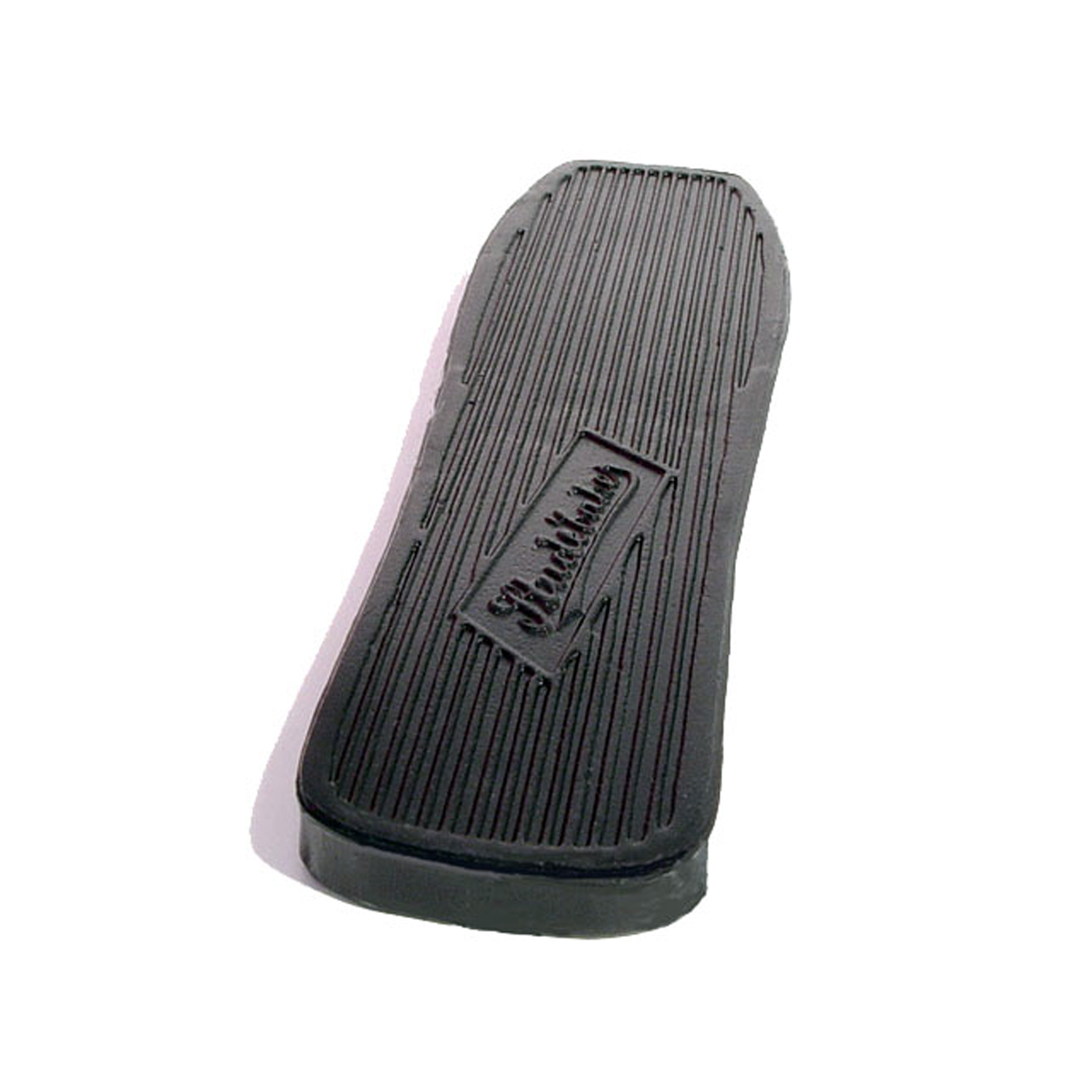 1930 Studebaker Commander Accelerator Pedal Pad, 2-3/8" X 9", Each-AP 22Accelerator Pedal Pad, 2-3/8" X 9", Each
1930 Studebaker Commander Accelerator Pedal Pad, 2-3/8" X 9", Each-AP 22Accelerator Pedal Pad, 2-3/8" X 9", Each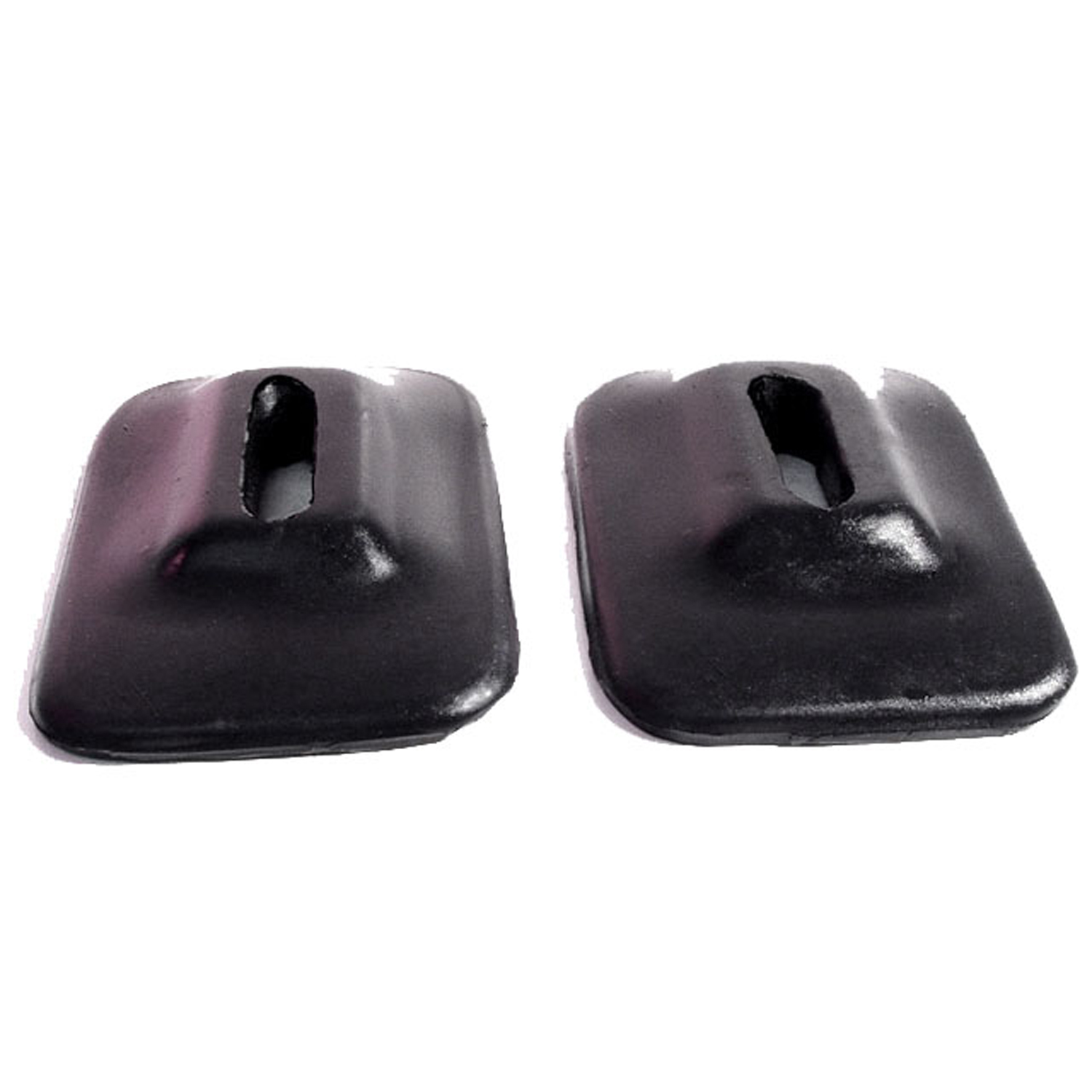 1930 Studebaker Commander Front and Rear Bumper Arm Grommets-BG 45Front and Rear Bumper Arm Grommets. 2-3/4" wide X 4-1/8" long, with 1-5/8" long inner slot. Pair
1930 Studebaker Commander Front and Rear Bumper Arm Grommets-BG 45Front and Rear Bumper Arm Grommets. 2-3/4" wide X 4-1/8" long, with 1-5/8" long inner slot. Pair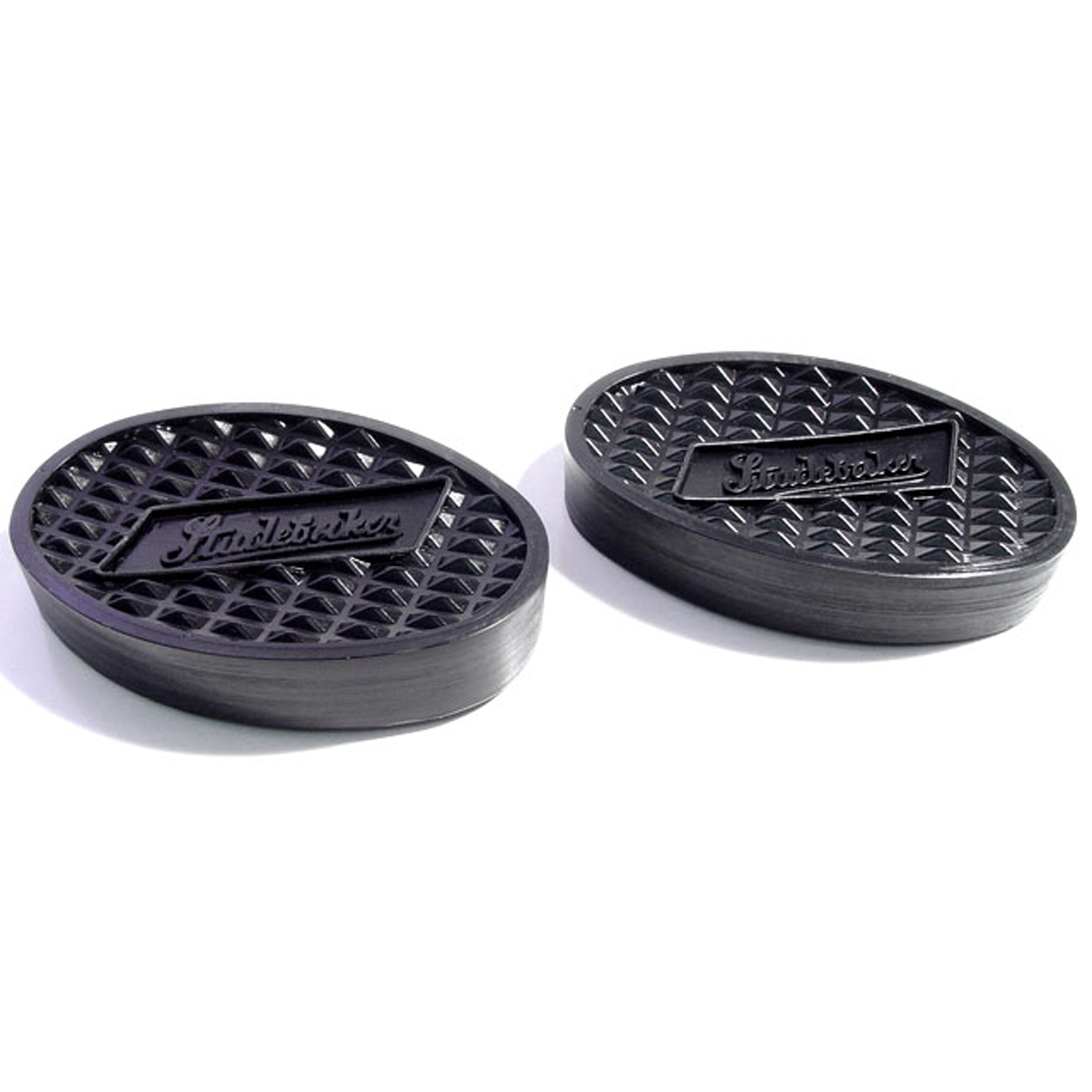 1930 Studebaker Commander Clutch and Brake Pedal Pads. 2-5/8" wide X 3-3/4" long-CB 22Clutch and Brake Pedal Pads. 2-5/8" wide X 3-3/4" long. Pair
1930 Studebaker Commander Clutch and Brake Pedal Pads. 2-5/8" wide X 3-3/4" long-CB 22Clutch and Brake Pedal Pads. 2-5/8" wide X 3-3/4" long. Pair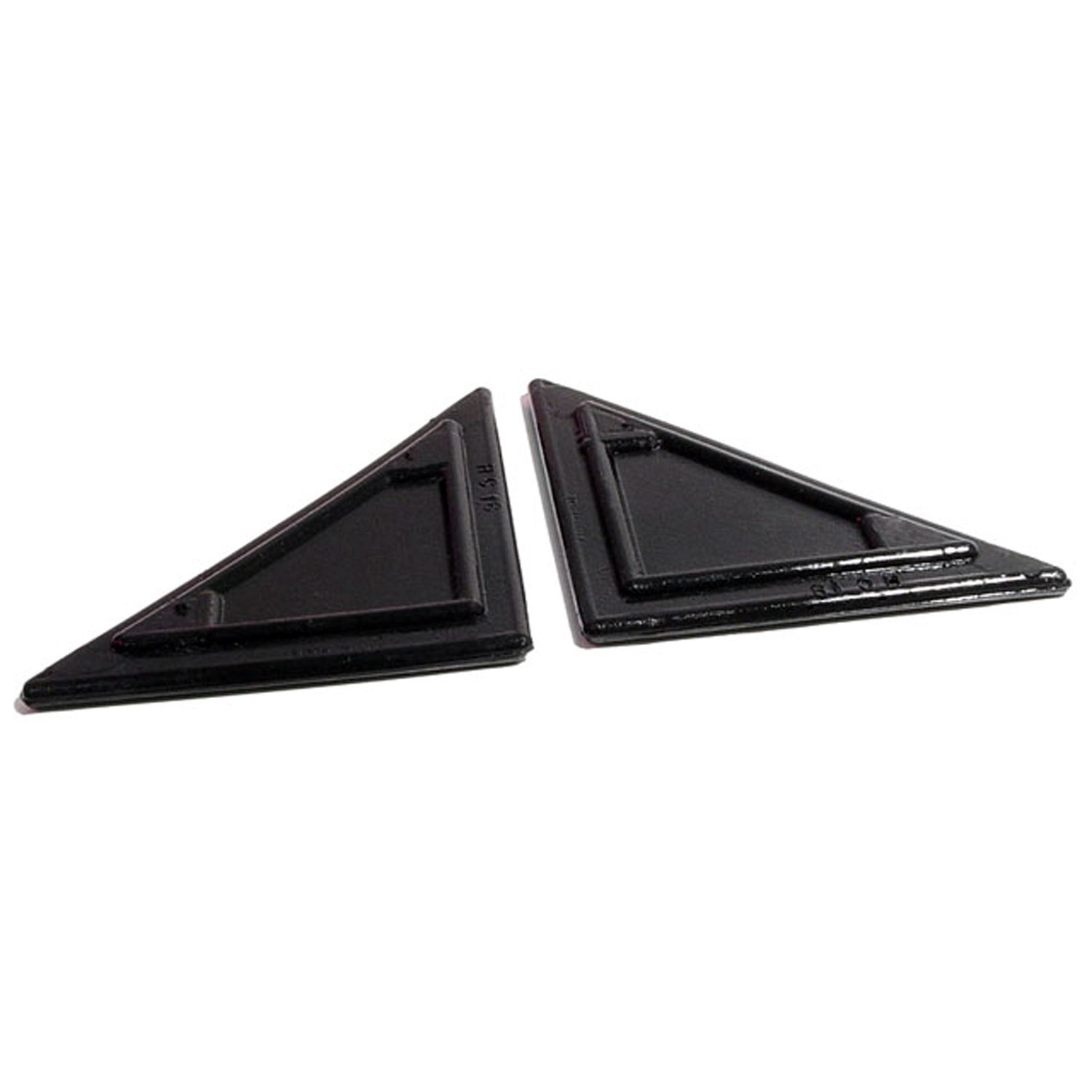 1930 Studebaker Commander Hood Corners. Original design. 2-3/4" wide. Pair-HC 18Hood Corners. Original design. 2-3/4" wide. Pair
1930 Studebaker Commander Hood Corners. Original design. 2-3/4" wide. Pair-HC 18Hood Corners. Original design. 2-3/4" wide. Pair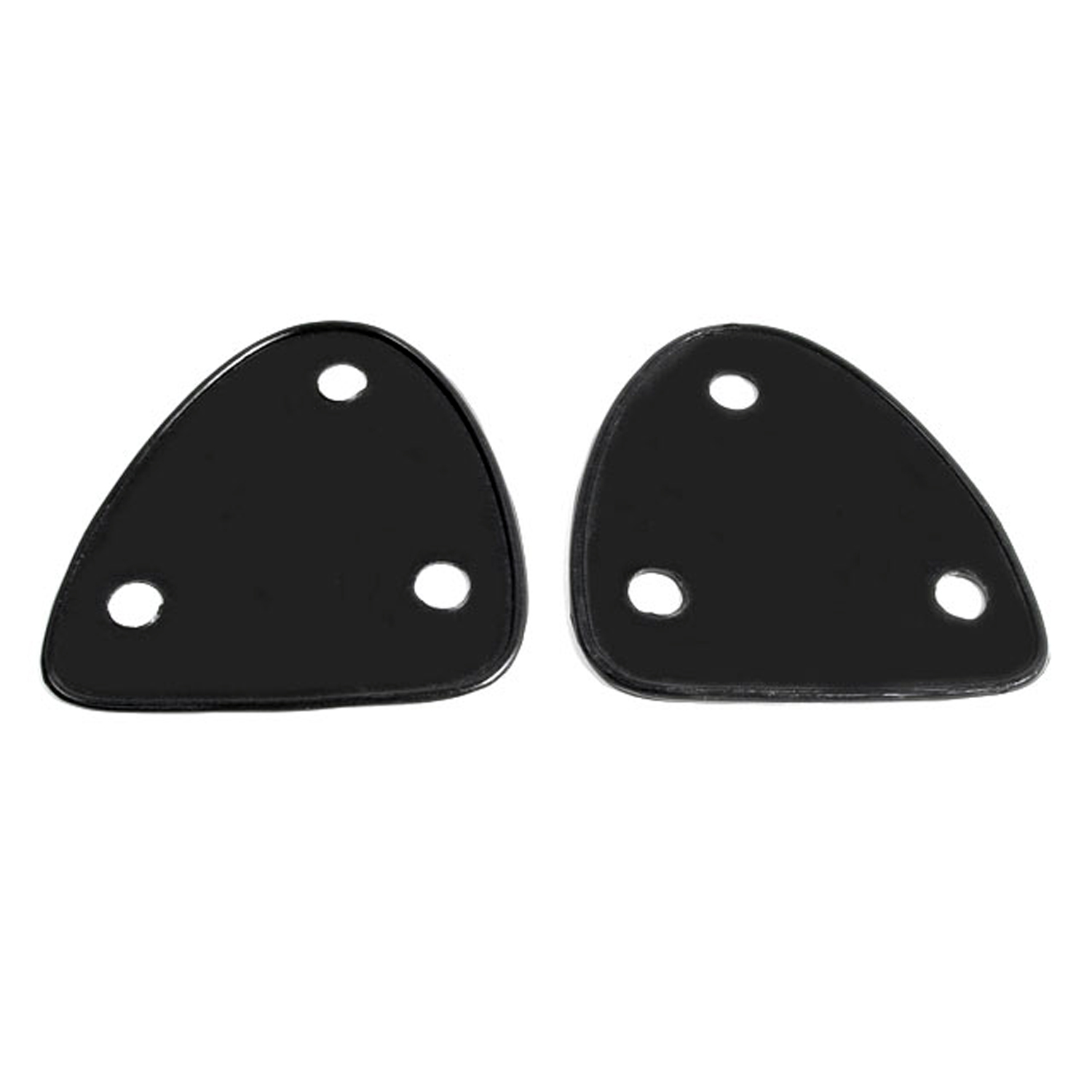 1930 Studebaker Commander Headlight Pads. 4-1/2" wide X 4-5/8" long. Pair R&L-MP 973Headlight Pads. 4-1/2" wide X 4-5/8" long. Pair R&L
1930 Studebaker Commander Headlight Pads. 4-1/2" wide X 4-5/8" long. Pair R&L-MP 973Headlight Pads. 4-1/2" wide X 4-5/8" long. Pair R&L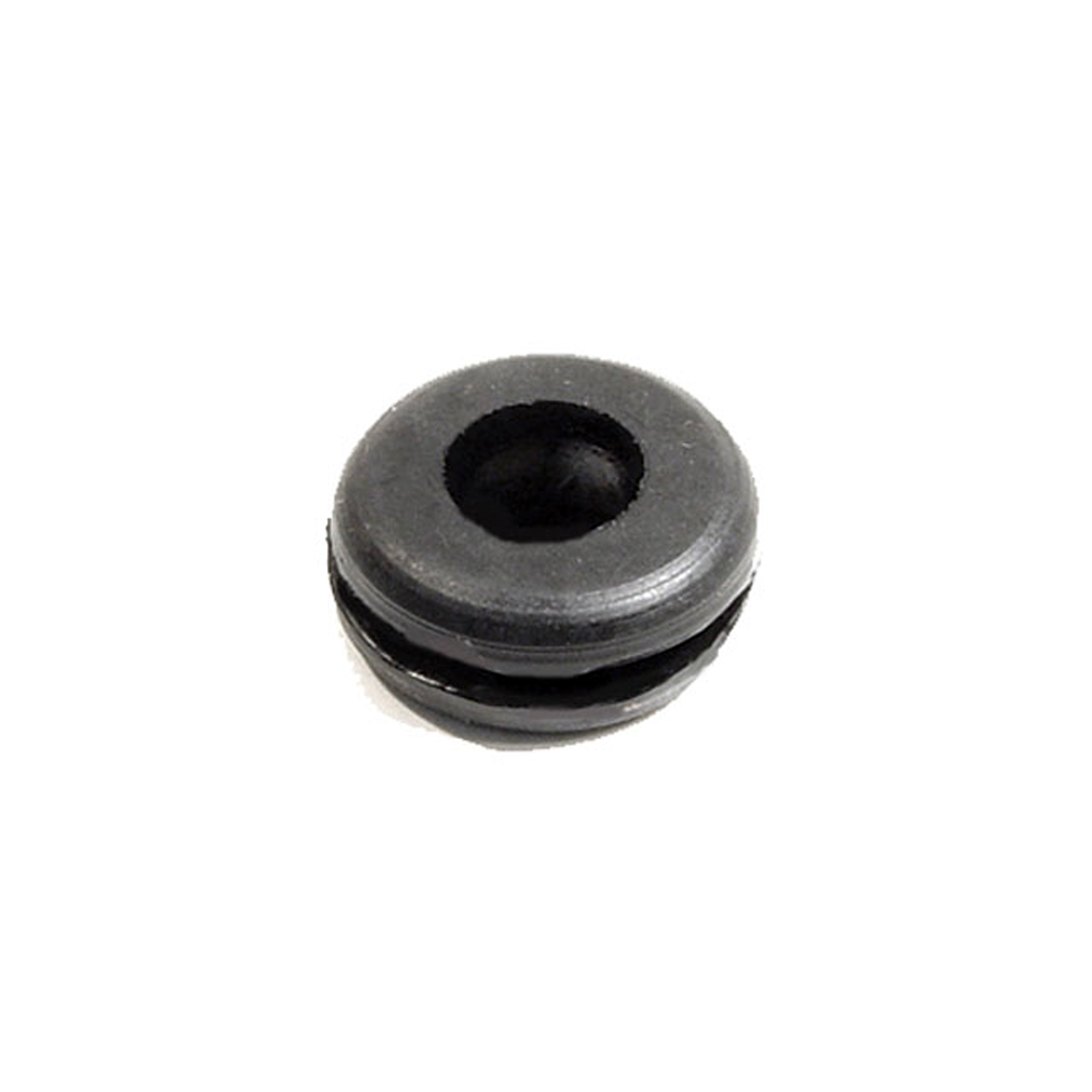 1930 Studebaker Commander Headlight & Tail-Light Wire Grommet. 3/8" I.D., 7/8" O.D-SM 13-AHeadlight & Tail-Light Wire Grommet. 3/8" I.D., 7/8" O.D. Each
1930 Studebaker Commander Headlight & Tail-Light Wire Grommet. 3/8" I.D., 7/8" O.D-SM 13-AHeadlight & Tail-Light Wire Grommet. 3/8" I.D., 7/8" O.D. EachWhy Choose Metro?
For over 100 years, Metro Moulded Parts has been the pinnacle of quality in classic car restoration parts. Our commitment to precision and authenticity in every component ensures a perfect fit and an OEM-level appearance.
- Expert Craftsmanship & Quality: Each part is a testament to our dedication to reliability and perfection, crafted from original designs and thoroughly tested.
- Advanced Technology: We use cutting-edge techniques to create flawless, long-lasting parts that surpass others in performance.
- SuperSoft Sponge – The Ultimate Door Seal: Not only are our door seals 30% softer than competitors', but they're also guaranteed to never leak. They effectively reduce wind and road noise, enhancing your classic car's comfort and driving experience.
- Proudly American: Our parts are a product of American craftsmanship, made in the USA with a spirit of excellence and heritage.
- Unrivaled Warranty: We back our products with a 30-year industry-leading warranty, a testament to our confidence in their quality.
Join us in preserving the legacy of classic cars with parts that are crafted for perfection, not just made.

